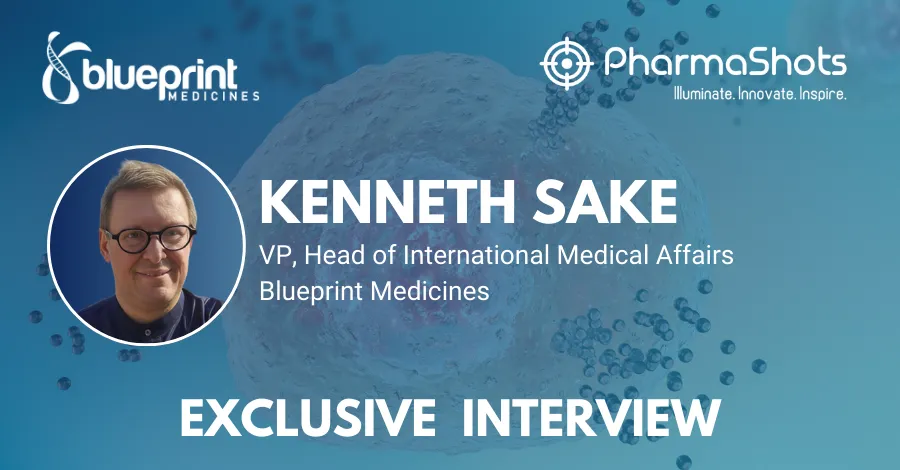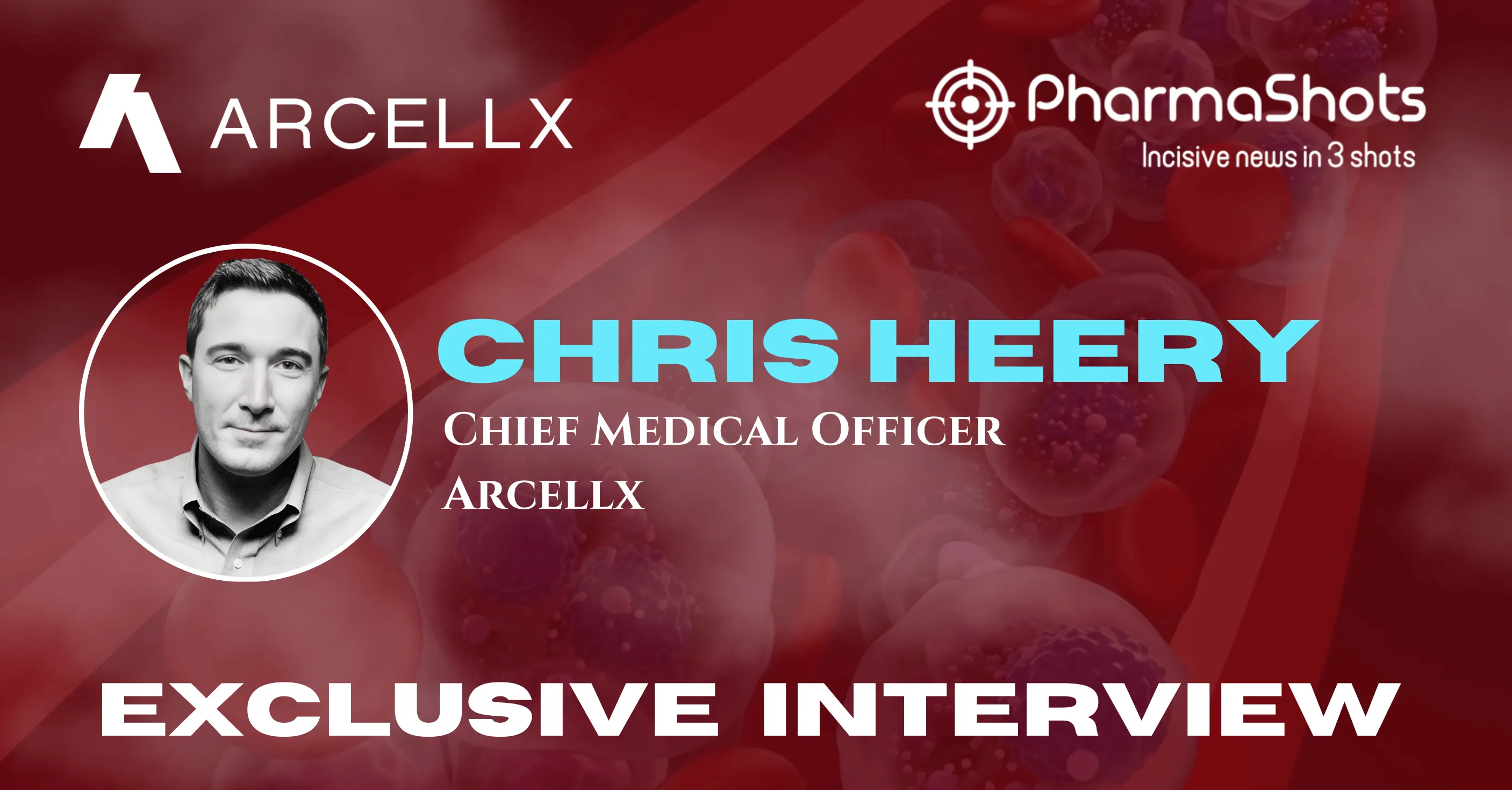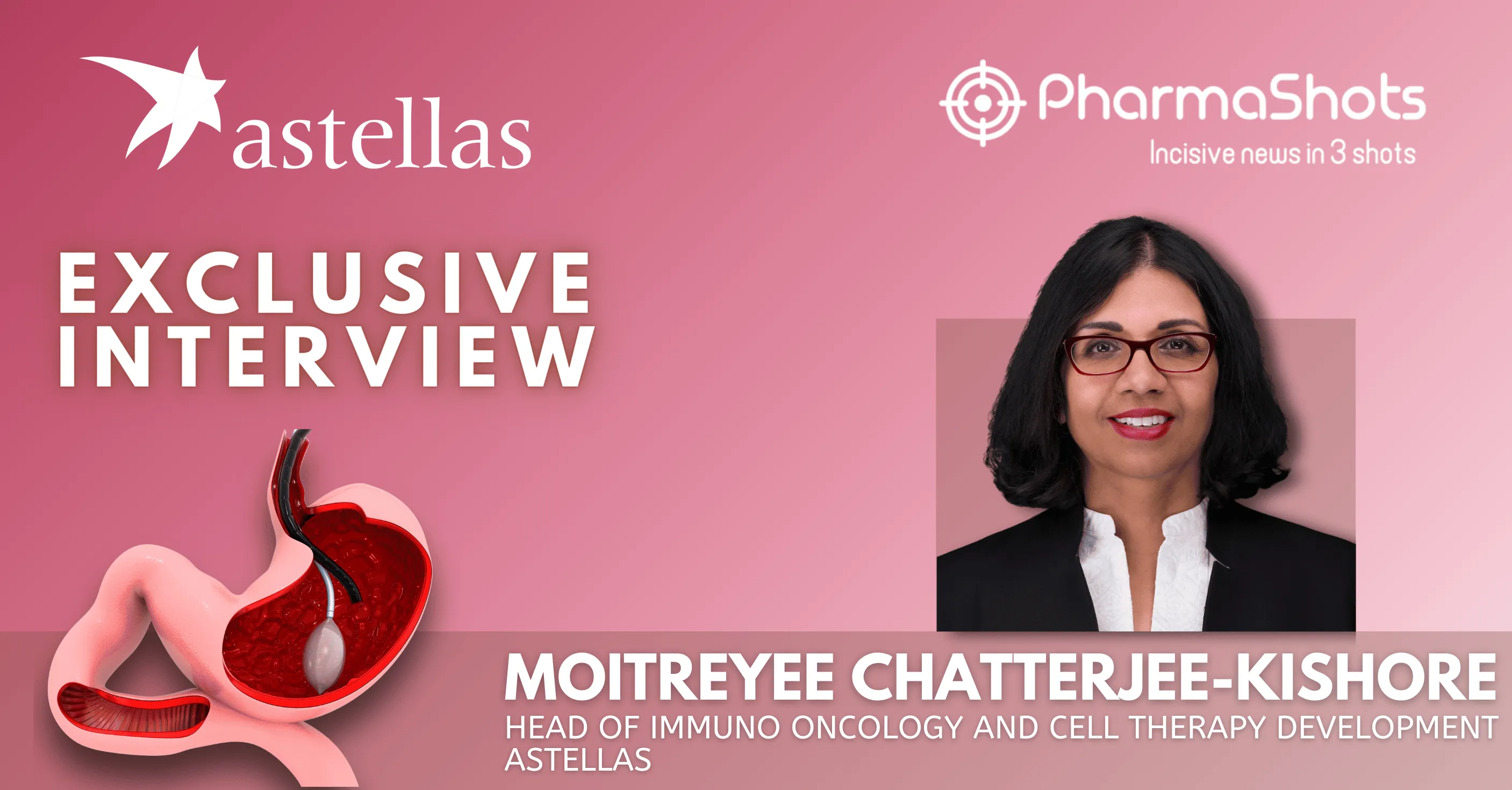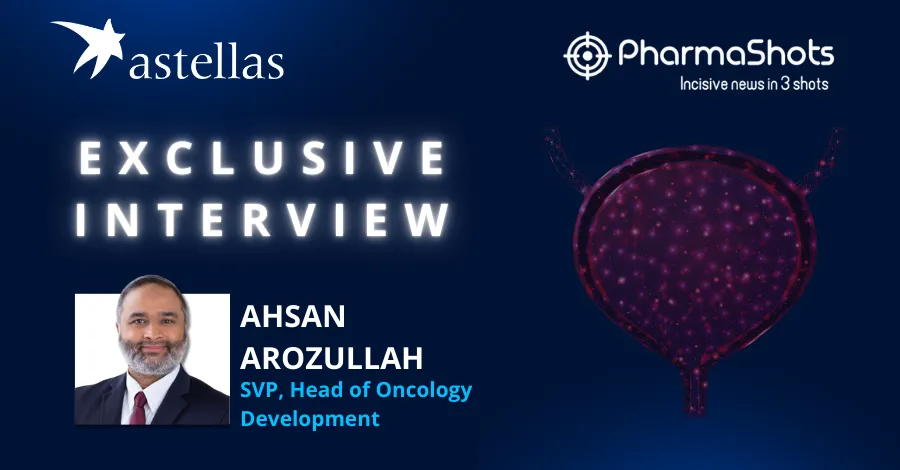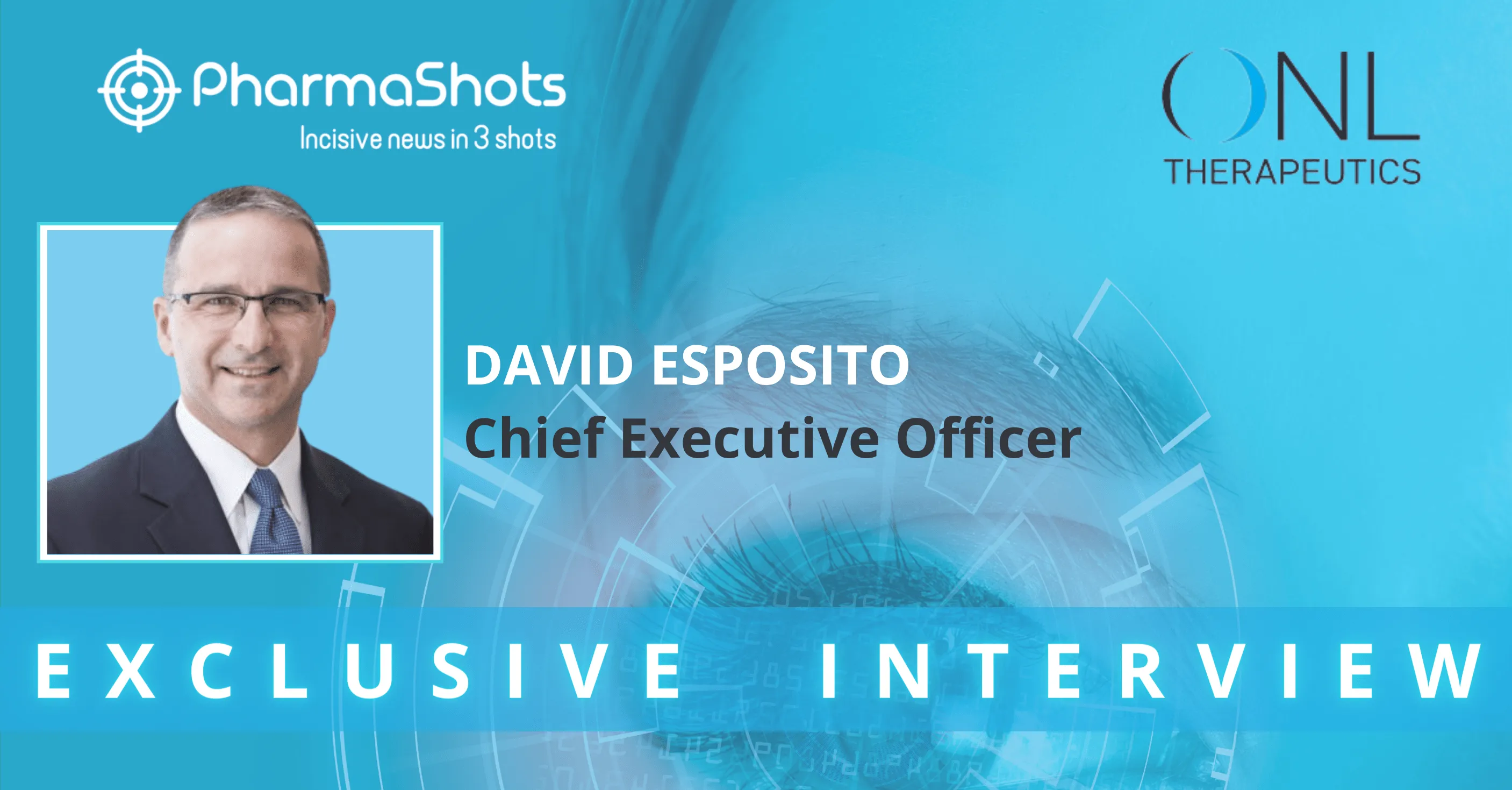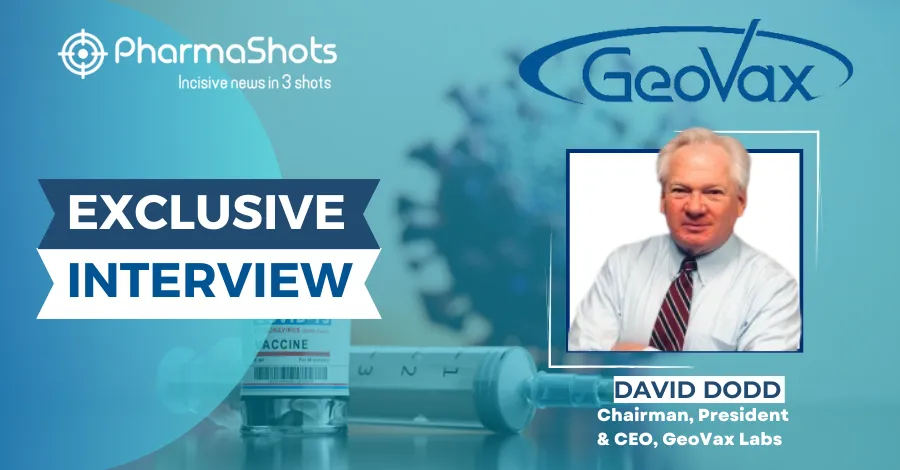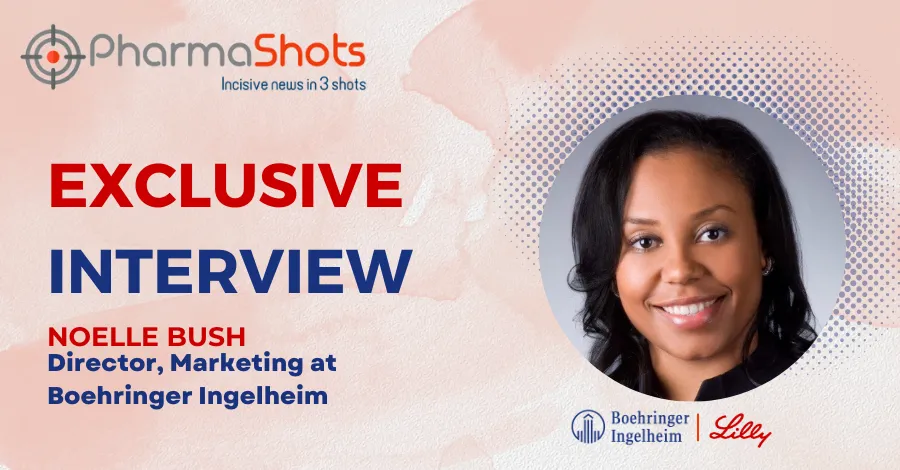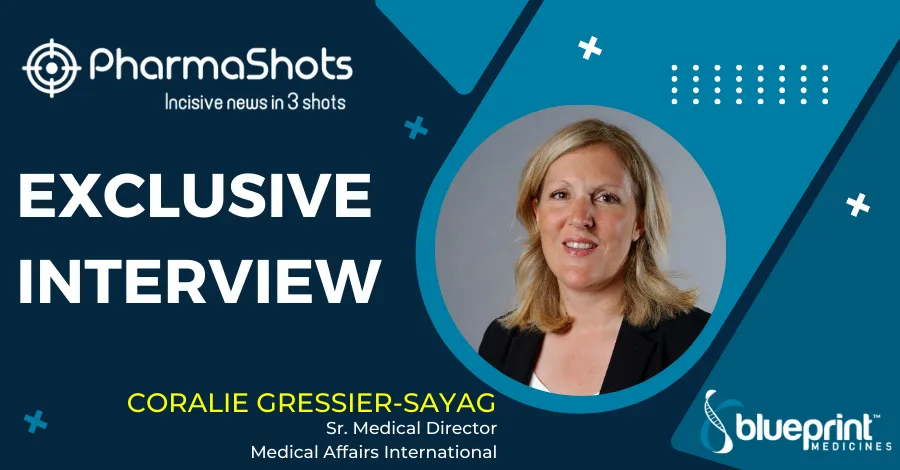
Exclusive Interview with PharmaShots: Ron Elwell of IPM.ai Shares Insight on the Simplification of Patient Recruitment by Applying AI and ML to Real-World Data
In an interview with PharmaShots, Ron Elwell, President, and Founder of Swoop and IPM.ai shared his views on the Real Chemistry Clinical Trial Recruitment System that is designed to accelerate clinical investigations and lead to faster patient outcomes with less risk.
Shots:
- Real Chemistrys IPM.ai accelerates clinical investigation & commercialization of precision medicines leveraging AI and ML to real-world data. It helps life science companies to quickly find patients with rare & specialty diseases, even those who are undiagnosed or have been misdiagnosed
- IPM.ai makes the clinical promise of precision medicine a reality for companies of all sizes across the spectrum of therapeutic areas at every stage of the product life cycle, from drug development & clinical study to product launch & commercial operations
- IPM.ai shakes up how patients are enrolled in clinical trials & breaks the status quo of the same patient populations submitted for enrollment. IPM.ais current partners include Alnylam, Kyowa Kirin, Audentes, Biogen, Insmed, X4 & Momenta
Tuba: Describe the key features of IPM.ai and how ML and AI simplify patient recruitment for clinical trials?
Ron: IPM.ai utilizes machine learning (ML) and artificial intelligence (AI) to uncover patients with rare and specialty diseases who are often undiagnosed, or misdiagnosed, which results in an arduous diagnostic and treatment journey that can be a tremendous burden on them and their caregivers. Our fundamental data assets are designed to maximize patient, healthcare provider (HCP), and clinical trial site visibility. To streamline clinical study recruitment, IPM.ai harnesses a de-identified real-world data (RWD) universe of 300 million patients spanning a decade, as well as affiliation data, and then applies carefully engineered look-alike models based on an ideal patient definition to extract those with the highest propensity to be afflicted with the condition and be medically eligible for an appropriate clinical trial.

These anonymized patients are then associated with their treating physicians, who are then engaged by pharma companies or their contract research organization (CRO) to help intercept the disease, discuss treatment options with the patient and encourage clinical study participation.
Tuba: What made you decide to develop this product for life sciences companies?
Ron: Rare disease rates have increased, and approximately 10% of the U.S. population is living with some form of rare disease. The interest in developing and commercializing therapeutics for rare and specialty indications has mirrored this trajectory, and these therapies have become much more precision-based. Unfortunately, 90% of clinical trials for rare diseases fail simply because they cant meet recruitment goals.
On average, 81% of patients screened for enrollment are deemed ineligible. Additionally, clinical trials for rare and specialty conditions are more time-consuming; a typical cycle for Phase 2-3 trials of drugs for rare diseases is 68% longer than similar trials for conventional drugs. On top of this, clinical trials for rare diseases are much more expensive conducting a Phase 3 study for a rare or specialty therapy costs $103 million and an average of $2 million per day when a trial is delayed or halted due to a lack of patients.
Taking these myriad factors into consideration, we observed a critical need to connect patients with rare and specialty diseases with trials in a seamless and patient-focused manner earlier in the lifecycle. Put simply, the typical playbook for conventional diseases does not work for rare and uncommon conditions, which are typically genetic and more often affect pediatric and young adult patients. Also, patients with rare diseases have a low awareness of clinical studies, are not located near trial sites, and are very often unaware of their current disease state.

To capture these patients earlier, we applied our success and process in patient finding for commercial therapies into clinical trials to reduce the burden of searching for low-incidence patient populations. By intervening earlier in the lifecycle, we allow sponsors to take a truly patient-centric approach to trials. IPM.ai optimizes site and primary investigator (PI) selection as well as referral strategy by identifying the care team surrounding patients of interest and focusing on centers of excellence and potential site locations in proximity, essentially building trials around hard-to-reach patients populations. Through activation nodes, such as field-level alerts, email and advertising campaigns, we lead medical science liaisons (MSLs) to treat physicians who have patients with rare diseases under their care. These patients can then be enrolled in trials, improving their health outcomes while at the same time helping life sciences companies advance drugs through the clinical development and regulatory process and bring them to market.
Tuba: List out the rare diseases in which the companies are utilizing this technique for the recruitment of patients.
Ron: IPM.ais ML/AI technology presents unlimited opportunities to source patients afflicted with any rare or specialty condition, including those without an ICD-10 code. Recently, IPM.ai was successful in finding patients with hereditary ATTR amyloidosis (hATTR), X-linked myotubular myopathy (XLMTM), refractory mycobacterium avium complex (MAC), warm autoimmune hemolytic anemia (wAIHA), X-linked hypophosphatemia (XLH), and warts, hypogammaglobulinemia, infections and myelokathexis (WHIM) syndrome.
Tuba: Is there any other technique that exists in the market? If yes, how IPM.ai is better than other available techniques in the market.
Ron: The market standard for clinical trial recruitment is based on estimates and projection instead of precision. More sophisticated companies often source patients by consulting fixed patient registries and portals or enlisting the support of patient advocacy groups. More recently, they have begun to use genetic databases to obtain confirmed diagnostic information. The number of patients gleaned from these imperfect techniques is then multiplied to account for the total US population. However, this approach generates just an idea of an average count instead of an exact figure, creating more gaps in knowledge around a disease state than understanding.
Another typical approach that companies use is to devote resources to market research with the goal of attracting patients to a trial through programmatic advertising or social media tactics. However, this approach is ineffective because it is too generalized to activate such targeted patients, who are unlikely to be aware of their own disease state. Furthermore, the companies that pursue this approach are not well versed in the area of rare or specialty diseases, which is a niche area.
IPM.ai, on the other hand, is backed by a team of highly experienced life sciences experts, healthcare professionals, and data scientists. We have the skills and expertise needed to return results rather than nonvaluable "black box" insights or general top-down consulting. Moreover, to counter this antiquated approach, we have developed the industrys first HIPAA-certified system of actionable insights that aligns our patient-finding solution earlier in the product lifecycle. We utilize deep learning to connect the dots between symptomology and health history to bring a current diagnosis to the fore, and we rely on natural language processing to fill in the gaps left by incomplete health coding. We engineer our models to provide results that lead to insights on business decisions and objectives, such as the total number of patients needed to achieve script lift and return on investment (ROI).
By defining an ideal rare disease patient population using RWD and deploying AI to uncover look-alike medically eligible patients, we are able to map the patient treatment journey, giving HCPs and the industry a better understanding of a disease. We then engage HCPs on a one-to-one level to aid in clinical trial recruitment while finalizing the protocol and selecting optimal sites and principal investigators. Our proprietary technology uncovers the patients entire healthcare ecosystem, including the role of referral networks, and reveals how HCPs behave based on prescribing data rather than on how they self-report. Relevant health events are refreshed weekly and shared with MSLs via customer relationship management (CRM), which allows the most updated engagement.
Tuba: Do you have any plans for more advancement of this technique?
Ron: We plan to advance our offering by heightening our understanding of the patient and are exploring the behavioral aspects that motivate patients to enroll in clinical trials. While our technology has elucidated the patient and diagnostic journey, were interested in the full picture of who a patient is, including their risk aversion, their likelihood of entering a clinical trial, and their drivers. We want to be able to better recognize this behavior to realize patients more comprehensively.
Tuba: Why should biotech and pharma companies prefer IPM.ai. How can the companies connect with you?
Ron: IPM.ai is not a data company trying to squeeze intelligence into our offering. Rather, we create a smart data pool that gives us the outputs we need. Instead of getting bogged down by unnecessary data, we focus on finding clear solutions to defined problems. Our proprietary data curation, analytical model building, and signals detection methods are grounded in the nuances of the rare disease, specialty, and precision medicine markets, making us experts in this field.
By uncovering and engaging patients most likely to be a fit for specific trials and least likely to withdraw, we advance and improve recruitment efforts and optimize site and investigator selection, thus allowing a trial to occur that would have failed otherwise.
To learn more about how IPM.ai can help find, engage and activate ideal patients and their healthcare ecosystems, contact us at hello@ipm.ai.
Tuba: Share the list of your existing partners who are using IPM.ai technology.
Ron: Our clients include, but are not limited to, Alnylam Pharmaceuticals, Kyowa Kirin, Audentes Therapeutics, Biogen, Insmed, Momenta Pharmaceuticals, and X4 Pharmaceuticals.
Tuba: What do you think using ML in health data will bring change in the clinical trial space?
Ron: Revolutionizing clinical trials comes down to more than ML/AI its the data scientists tasked with performing the engineering that has the potential to improve the field. We believe trials are more effective when we assess the market ahead of time, understand patient profiles, and design trials around the patient.
Tuba: Are you planning to use the data you collect to build some kind of predictive algorithm to do disease prediction or any other features?
Ron: Were built on precision. By extracting invaluable signals from an extensive data landscape that includes a patient health history and consumer behavior, we achieve accurate diagnostic predictions. This represents an unprecedented opportunity to intercept patient journeys, estimate disease prevalence and improve patient outcomes. With an eye toward exploring the behavioral aspects of how patients engage with clinical trials, were excited to lead the industry with an even more refined approach to health data.
Source: OUP Blog
About Ron Elwell:

Ron Elwell is the President and Founder of Swoop and IPM.ai, which were acquired by Real Chemistry in 2020, and leverage machine learning, artificial intelligence, and real-world data to solve the biggest challenges in healthcare today. He brings more than 20 years of executive experience in high-tech, online media, and digital marketing.





